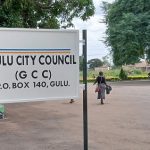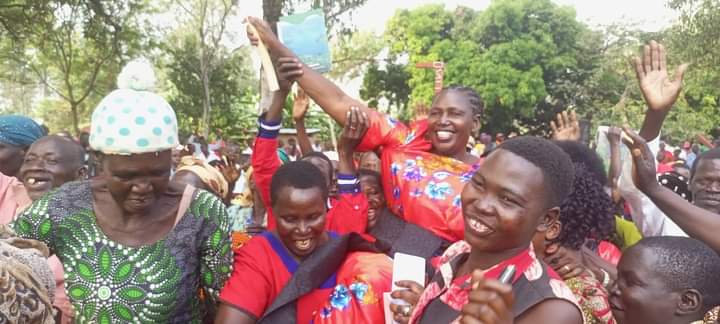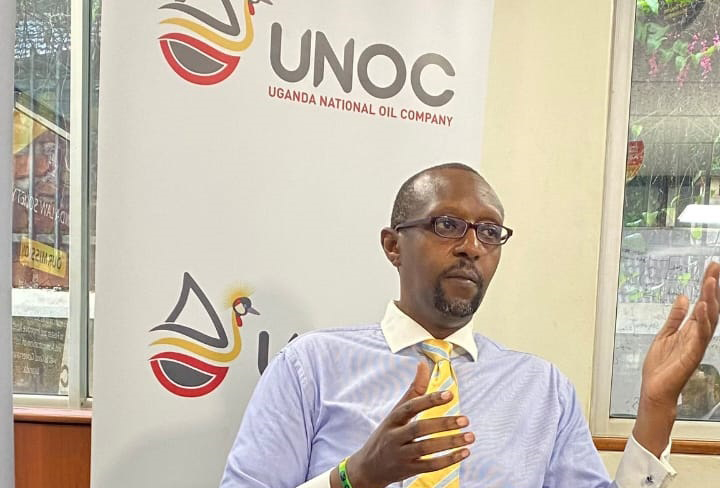The Kabale District in Uganda has witnessed a significant increase in teenage pregnancies, with over 1,300 cases reported annually. This information was shared by Dr. Gilbert Arinaitwe Mateeka, the Kabale District Health Officer, during a stakeholder dialogue organized by the Local Sustainable Communities Organization (LOSCO) at the White Horse Inn in Kabale. The primary purpose of the event was to discuss sexual reproductive health matters within the district.
Dr. Mateeka’s report revealed that the district recorded 1,346 cases of teenage pregnancies in 2020, followed by 1,479 cases in 2021 and 1,478 cases in 2022. Additionally, there is a notable number of unreported cases, as some victims do not seek professional medical assistance. The District Health Officer emphasized that teenage pregnancies often lead to health and psychological challenges for the individuals involved, including pregnancy complications and, in some cases, resorting to abortion with associated risks.
Furthermore, many teenagers who become pregnant end up dropping out of school, which interrupts their education and future aspirations. Dr. Alfred Besigensi, the Kabale District Senior Health Educator, and Florence Tumuheirwe, the Executive Director of Kigezi Women in Development (KWID), attributed this issue to inadequate sex education. They pointed out that teenagers engage in sexual activities at an early age due to a lack of understanding about the consequences and how to prevent them.
Ronald Bakak, the Kabale Deputy Resident Commissioner, expressed concern about unethical law enforcement practices, particularly within the Police, where some officers collude with parents to negotiate in cases of defilement. As a result, some cases do not reach the courts of law. Mr. Bakaki pledged to take strong measures against such police officers to safeguard the well-being of girls in Kabale.
Albert Taremwa, the Director of the Local Sustainable Communities Organization (LOSCO), in partnership with the Center for Health, Human Rights, and Development (CEHURD), organized the dialogue to raise awareness and address maternal mortality, improve access to sexual reproductive health, and promote rights in the Kabale district.
According to the latest report from the Uganda Bureau of Statistics (UBOS), the national teenage pregnancy rate stands at 25%, indicating that one out of four Ugandan women becomes a mother by the age of 18. Dr. Charles Olaro, the Director for Curative Services at the Health Ministry, disclosed that the government is considering allowing girls as young as 15 years to access contraceptive services, a policy aimed at reducing early pregnancies.
Dr. Olaro clarified that this policy would primarily target “out-of-school” teenagers and young adults. However, the policy’s approval is subject to the decisions of Cabinet and Parliament. Deputy Speaker of Parliament, Thomas Tayebwa, has voiced reservations about the idea, expressing concerns that it might condone teenage sexual activity. Lucy Akello, Amuru District Woman MP, echoed similar sentiments, opposing the policy as potentially legitimizing premarital sexual activity among teenagers.




















